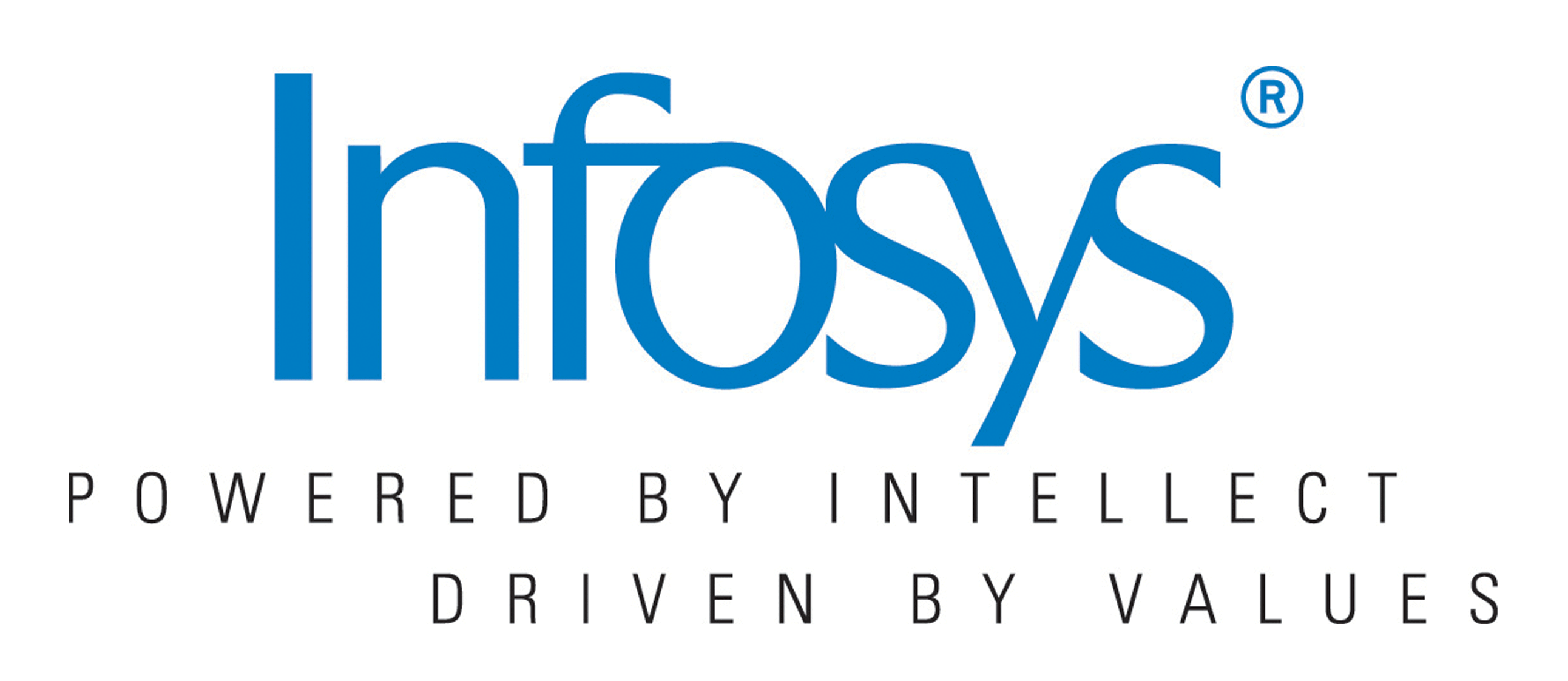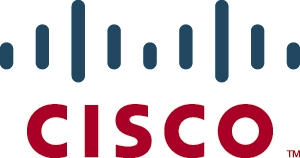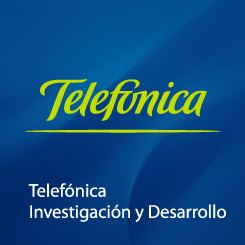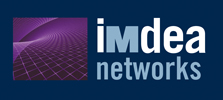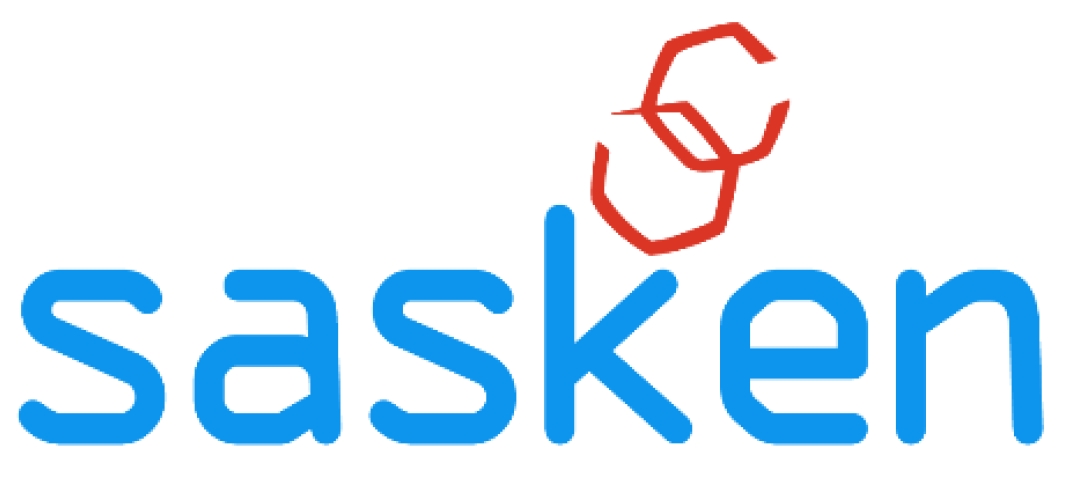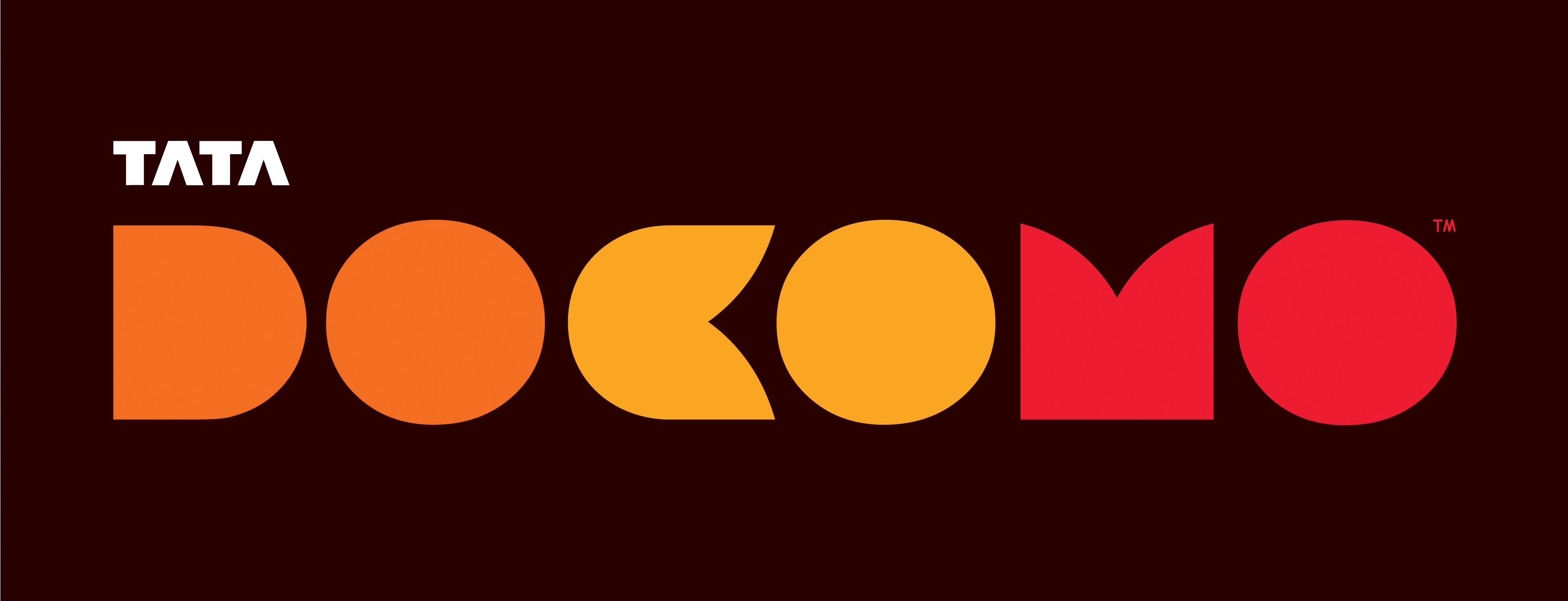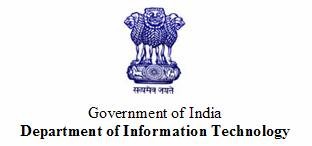SIGCOMM 2010 - Call for Posters
The SIGCOMM poster session showcases work-in-progress in an informal setting. Topics of interest are the same as research topics in the SIGCOMM conference call for papers.
Although anyone can submit a poster, preference will be given to posters where the primary contribution is from one or more students. Posters will be reviewed by members of the SIGCOMM Poster Session Committee. At the conference, student posters must be presented by a student. Authors of accepted papers in SIGCOMM 2010 may not submit a poster on the same work in those papers.
Student Research Competition
For the first time, the SIGCOMM poster session will also serve as an ACM student research competition. Qualified entrants must have current ACM student membership, have graduate or undergraduate student status at the time of submission (May 2010, below), and be submitted by a single student author. Supervisors are not permitted to coauthor the poster. (Please contact the poster chairs if this restriction represents a hardship.) Undergraduates and graduate students will be treated in separate divisions. (Students starting their first year of graduate school at the time of the conference will be considered as undergraduates.) A small travel supplement is made available to accepted entrants: please also submit applications for travel grant support. The ACM SRC program is sponsored by Microsoft Research. Winners will advance to ACM Grand Finals of the Student Research Competition to compete against the winners of other ACM conferences.
Why Should You Submit a Poster?
This is a great chance especially for students to obtain interesting and valuable feedback on ongoing research from a knowledgeable crowd at the conference. In addition, some submissions will be forwarded for publication to ACM SIGCOMM's newletter, the ACM Computer Communication Review (CCR).
Travel Grants for Student Posters
Students who are submitting posters are highly encouraged to examine if they are eligible for student travel grants.
What is a Poster?
We define a poster to be A0 paper size in portrait mode (841x1189mm), to which you can affix visually appealing material that describes your research. Alternatively, you can use the space as a continuum. You should prepare the best material (visually appealing and succinct) that effectively communicates your research problem, techniques, results, and what is novel and important about your work.
Note that you do not submit such a large-format image; only an abstract describing in text what the poster would present.
What and Where to Submit
Please submit a two-page abstract describing the work http://sigcomm10-posters.cs.umd.edu/. The decision will be taken primarily by reading the abstract.
Submissions are single blind, so please include authors' names and affiliation.
Content:
The abstract should clearly state:
- the problem being addressed;
- what makes this problem interesting, important, and difficult;
- your approach to the problem;
- the key contribution.
In the final version of the abstract, you should include a URL that provides additional information about your work to the attendees.
Formatting:
Prepare your abstract using ACM conference style, modified to 10pt. Concretely, two columns, minimum 10pt times with 0.75 inch margins and 1/3 inch space between columns.
The abstract must be within the page limit and in PDF format. Word documents will not be accepted. At the conference, we will distribute the abstracts to all conference attendees.
Important dates
| Submission Deadline | May 18, 2010 (midnight PDT) |
| Acceptance Notification | June 10, 2010 |
| Camera Ready Deadline | June 20, 2010 |
Poster and Demo Committee
| Poster/Demo Co-Chairs | Bhaskaran Raman | IIT Bombay |
|---|---|---|
| Neil Spring | University of Maryland | |
| Committee Members | Aaditeshwar Seth | Indian Institute of Technology Delhi, India |
| Alan Mislove | Northeastern University, USA | |
| Cristian Lumezanu | Georgia Tech, USA | |
| Ivan Seskar | WINLAB, Rutgers University, USA | |
| Jon Crowcroft | University of Cambridge, UK | |
| Kameswari Chebrolu | Indian Institute of Technology Bombay, India | |
| Krishna Gummadi | Max Planck Institute for Software Systems, Germany | |
| Nick Feamster | Georgia Tech, USA | |
| Patrick Crowley | Washington University, St. Louis, USA | |
| Renata Teixeira | Laboratoire d'Informatique de Paris 6, France | |
| Robert Sherwood | Deutsche Telekom Inc. R&D Lab, USA | |
| Sanjay G. Rao | Purdue University, USA | |
| Sharad Jaiswal | Alcatel-Lucent Bell Labs, India | |
| Stefan Saroiu | Microsoft Research Redmond, USA | |
| Vishnu Navda | Microsoft Research India, India | |
| Xiaowei Yang | Duke University, USA | |
Program
| Tuesday Aug 31 | |
| 3:30-5:00 | Session 1 |
| SIP Overload Control: A Backpressure-based Approach | |
| Yaogong Wang (North Carolina State University) | |
| Unbiased Sampling in Directed Social Graph (SRC: Undergraduate 1st Place) | |
| Tianyi Wang (Tsinghua University), Yang Chen (University of Goettingen), Zengbin Zhang (University of California, Santa Barbara), Peng Sun (Tsinghua University), Beixing Deng (Tsinghua University), Xing Li (Tsinghua University) | |
| Contrabass: Concurrent Transmissions without Coordination | |
| Sungro Yoon (North Carolina State University) | |
| Backpressure-based Routing Protocol for DTNs | |
| Amit Dvir (The College of Management Academic Studies), Athanasios V Vasilakos (University of Western Macedonia) | |
| Fair Bandwidth Allocation in Wireless Network Using Max-Flow | |
| Sourav Kumar Dandapat (Indian Institute of Technology, Kharagpur), Bivas Mitra (Indian Institute of Technology, Kharagpur), Niloy Ganguly (Indian Institute of Technology, Kharagpur), Romit Roy Choudhury (Duke University) | |
| Stochastic Approximation Algorithm for Optimal Throughput Performance of Wireless LANs | |
| Sundaresan Krishnan (IIT Bombay), Prasanna Chaporkar (IIT Bombay) | |
| Rethinking iBGP Routing | |
| Iuniana M Oprescu (orange Labs; Cnrs-laas), Mickael Meulle (orange Labs), Steve Uhlig (deutsche Telekom Laboratories/technische Universität Berlin), Cristel Pelsser (internet Initiative Japan), Olaf Maennel (university Of Loughborough), Philippe Owezarski (cnrs-laas) | |
| Passive IP Traceback: Capturing the Origin of Anonymous Traffic through Network Telescopes | |
| Guang Yao (Tsinghua University), Jun Bi (Tsinghua University), Zijian Zhou (Tsinghua University) | |
| SecureAngle: Improving Wireless Security Using Angle-of-Arrival Information (SRC: Graduate 3rd Place) | |
| JIE XIONG (University College London), Kyle Jamieson (University College London) | |
| Autonomous Traffic Engineering With Self-Configuring Topologies (SRC: Graduate Finalist) | |
| Srikanth Sundaresan (Georgia Institute of Technology), Cristian Lumezanu (Georgia Institute of Technology), Nick Feamster (Georgia Institute of Technology), Pierre Francois (Universite catholique de Louvain) | |
| Fived: A Service-Based Architecture Implementation to Innovate at the Endpoints | |
| D.J. Capelis (University of California, Santa Cruz), Darrell D.E. Long (University of California, Santa Cruz) | |
| Accelerometer-Assisted 802.11 Rate Adaptation on Mass Rapid Transit System | |
| Yu-Jen Lai (National Taiwan University), Wei-Hao Kuo (National Taiwan University), Wan-Ting Chiu (National Taiwan University), Shao-Ting Chang (National Taiwan University), Hung-Yu Wei (National Taiwan University) | |
| Wednesday Sep 1 | |
| 3:30-5:00 | Session 2 |
| Vehicular WiFi Access and Rate Adaptation | |
| Ajinkya Uday Joshi (Indian Institute of Technology Bombay), Purushottam Kulkarni (Indian Institute of Technology Bombay) | |
| Mobile Data Offloading: How Much Can WiFi Deliver? | |
| Kyunghan Lee (NCSU), Yung Yi (KAIST), Joohyun Lee (KAIST), Injong Rhee (NCSU), Song Chong (KAIST) | |
| Residual White Space Distribution-Based Opportunistic Channel Access for Cognitive Radio Enabled Devices | |
| Manuj Sharma (Indian Institute of Technology Bombay), Anirudha Sahoo (Indian Institute of Technology Bombay) | |
| Achieving O(1) IP Lookup on GPU-based Software Routers | |
| Jin Zhao (Fudan University), Xinya Zhang (Fudan University), Xin Wang (Fudan University), Xiangyang Xue (Fudan University) | |
| Road Traffic Estimation using In-situ Acoustic Sensing | |
| Viven C Rajendra (IIT Bombay), Purushottam Kulkarni (IIT Bombay) | |
| Cone of Silence: Adaptively Nulling Interferers in Wireless Networks | |
| Georgios Nikolaidis (University College London), Astrit Zhushi (University College London), Kyle Jamieson (University College London), Brad Karp (University College London) | |
| Empowering Users Against SideJacking Attacks | |
| Ryan D Riley (Qatar University), Nada Mohammed Ali (Qatar University), Kholoud Saleh Al-Senaidi (Qatar University), Aisha Lahdan Al-Kuwari (Qatar University) | |
| Accelerating SSL with GPUs (Best Poster winner) | |
| Keon Jang (KAIST), Sangjin Han (KAIST), Seungyeop Han (NHN Corporation), Sue Moon (KAIST), KyoungSoo Park (KAIST) | |
| An Open Router Virtualization Framework using a Programmable Forwarding Plane | |
| Zdravko Bozakov (Leibniz Universität Hannover) | |
| QuagFlow: Partnering Quagga with OpenFlow | |
| Marcelo Ribeiro Nascimento (Telecommunications Research and Development Center (CPqD)), Christian Esteve Rothenberg (Telecommunications Research and Development Center (CPqD), University of Campinas (Unicamp)), Marcos Rogério Salvador (Telecommunications Research and Development Center (CPqD)), Maurício Ferreira Magalhães (University of Campinas (Unicamp)) |


